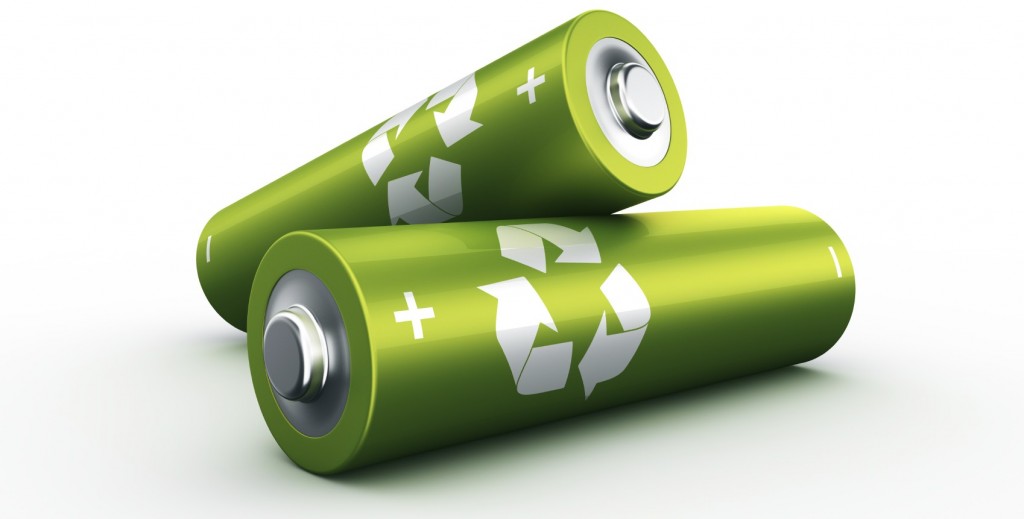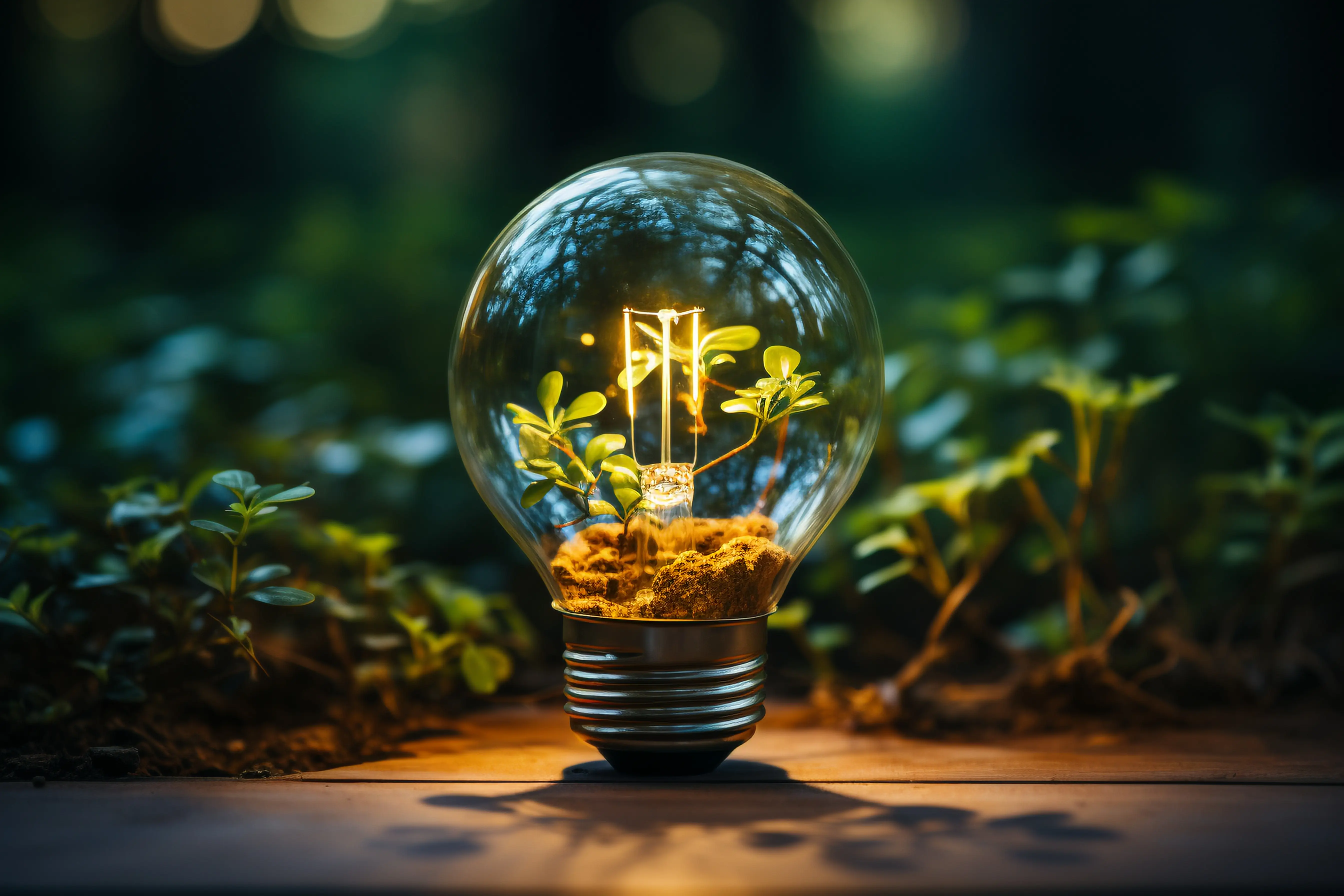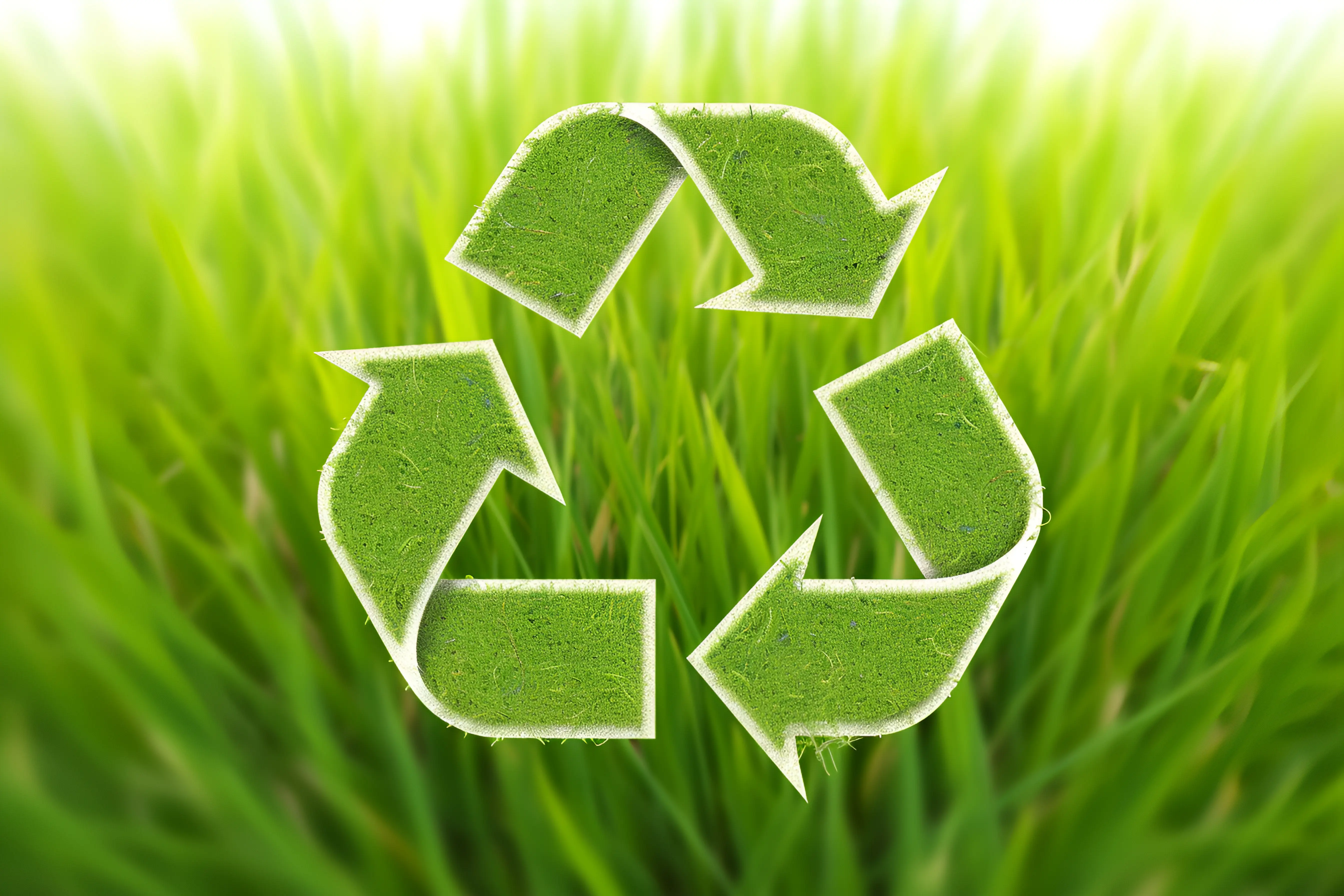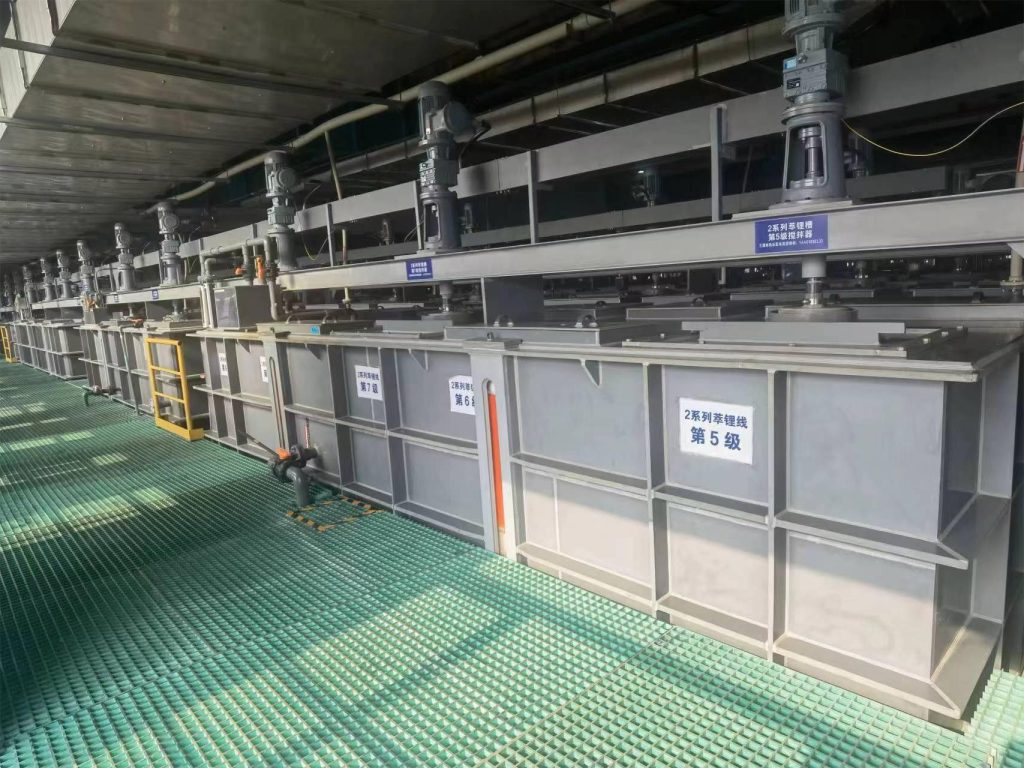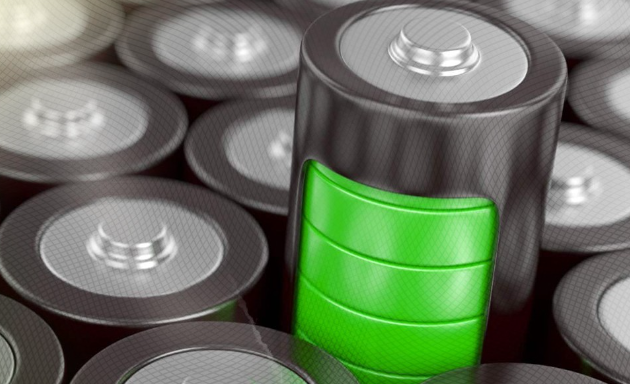Solvent Extraction in Lithium Battery Recycling
Solvent extraction in lithium battery recycling involves using specific solvents to selectively recover valuable metals like lithium, cobalt, and nickel from spent batteries. This process can achieve metal recovery rates over 95%, significantly reducing the environmental impact and need for mining new materials. The solvent extraction in real life But next imagine that now you […]


